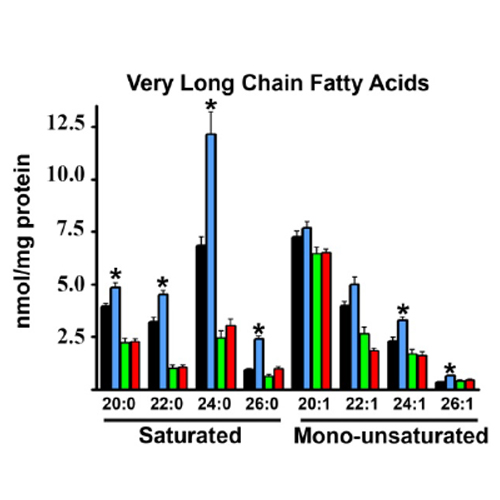Circadian Control of Fatty Acid Elongation by SIRT1 Protein-mediated Deacetylation of Acetyl-coenzyme A Synthetase 1
14-Jan-2014
The Journal of Biological Chemistry, 2014, doi: 10.1074/jbc.M113.537191, 289, 6091-6097 published on 14.01.2014
The Journal of Biological Chemistry, online article
The Journal of Biological Chemistry, online article
The circadian clock regulates a wide range of physiological and metabolic processes, and its disruption leads to metabolic disorders such as diabetes and obesity. Accumulating evidence reveals that the circadian clock regulates levels of metabolites that, in turn, may regulate the clock. Here we demonstrate that the circadian clock regulates the intracellular levels of acetyl-CoA by modulating the enzymatic activity of acetyl-CoA Synthetase 1 (AceCS1). Acetylation of AceCS1 controls the activity of the enzyme. We show that acetylation of AceCS1 is cyclic and that its rhythmicity requires a functional circadian clock and the NAD+-dependent deacetylase SIRT1. Cyclic acetylation of AceCS1 contributes to the rhythmicity of acetyl-CoA levels both in vivo and in cultured cells. Down-regulation of AceCS1 causes a significant decrease in the cellular acetyl-CoA pool, leading to reduction in circadian changes in fatty acid elongation. Thus, a nontranscriptional, enzymatic loop is governed by the circadian clock to control acetyl-CoA levels and fatty acid synthesis.











